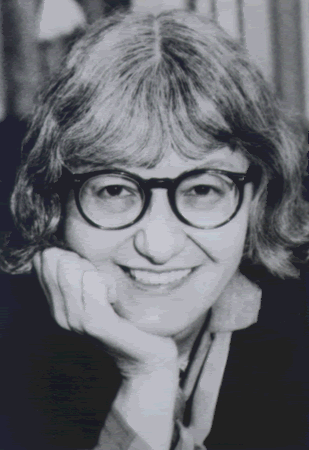I've never seen Simon so surprised. You would think that he's seen just about everything--especially as a judge for American Idol. Well, I guess that Simon would have never considered Paul Potts, an average, odd looking cell phone salesman, to be the next American Idol of the UK.
This fantasy, of being normal and discovering a legendary talent, is one fantasy that many people dream of before they fall asleep. We all want to be remembered, be famous, or do something great with our lives. Every time I watch this video I get chills. These are the kind of chills that are the calling of greatness in every individual. These are chills that feed the yearn to greatness and inspire us to achieve. It is inspiring to know that everyone, especially an average person such as Paul, has a chance. To even imagine that normal people are all around us and have the potential to change the world, promote peace, feed the hungry, or share the passion of opera, is beyond comprehension.
Paul stated in the beginning of the video that his dream was doing what he was called to do. In his case it was singing opera. This brings me to the question: What is my calling? What is your calling? Is it to achieve greatness? Is it to be recored and documented in textbooks? Is it to be remembered forever? I agree with Paul. Our dreams are interwoven into our callings, our desires, our greatness. The key to achieving our dreams and greatness is to fulfill our calling. Paul liked singing opera. That was his greatness--his ability to share music with others. He does it in such a way not only is Simon taken aback, but leads us all to indulge in our fantasies of greatness and become what we are called to be.
